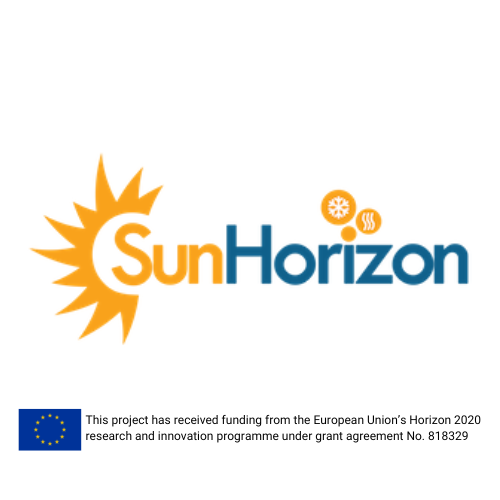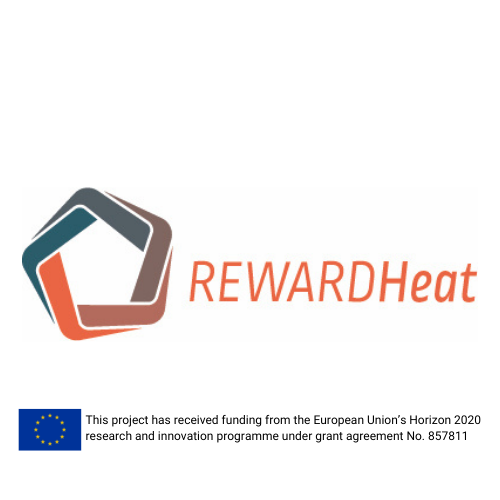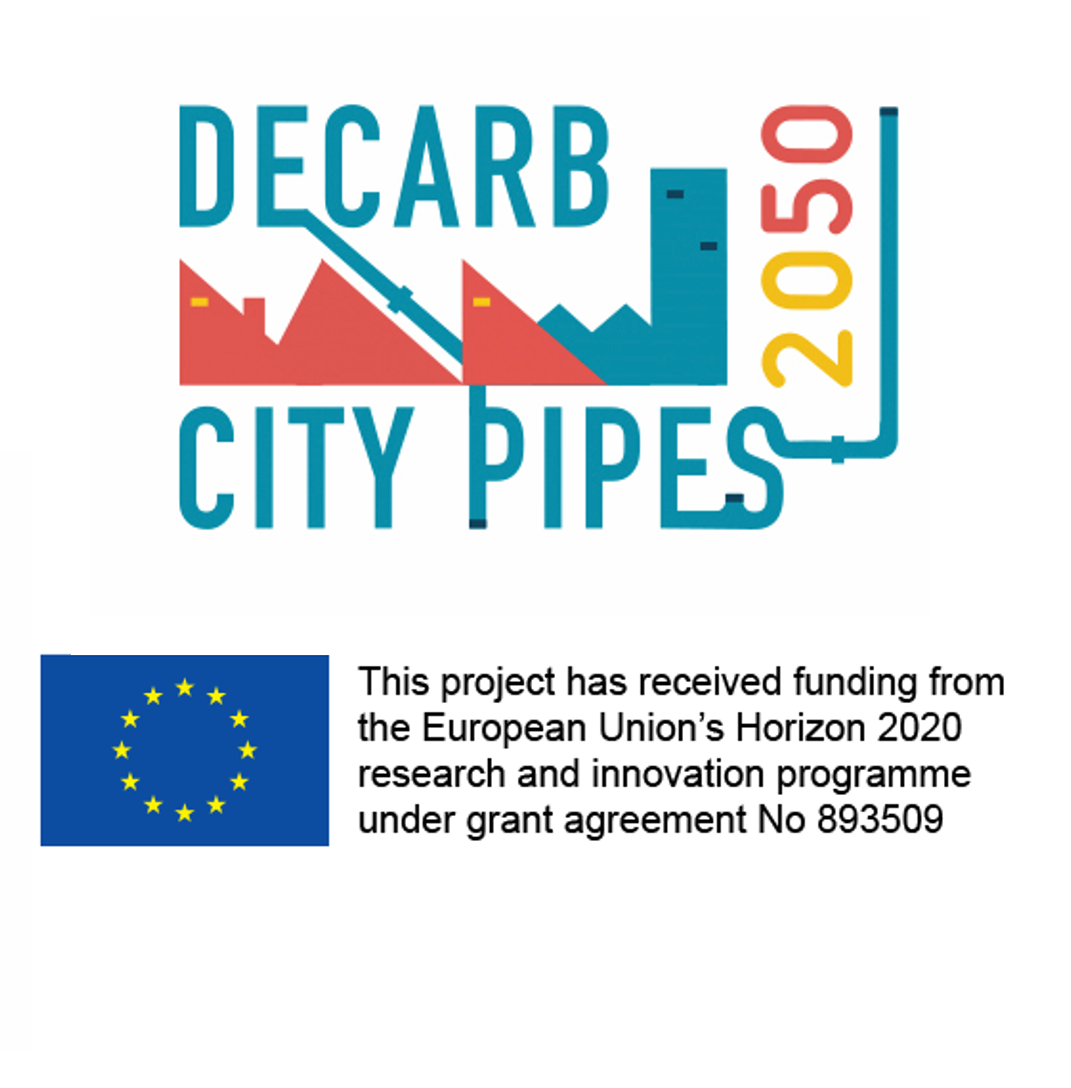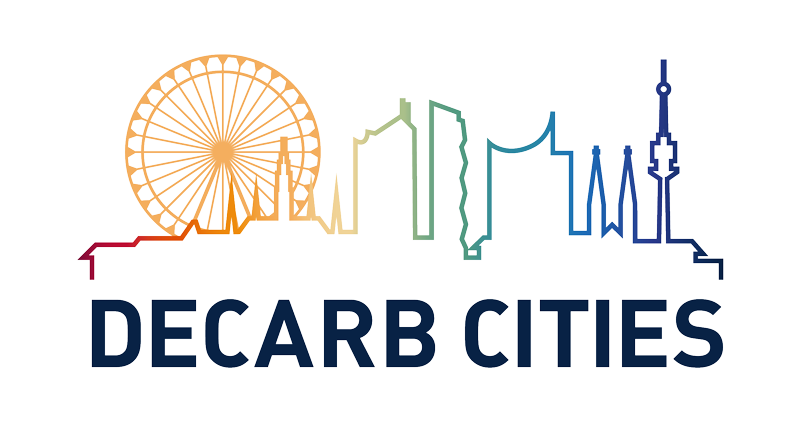DecarbCities is supported by:

SunHorizon is an H2020 project and wants to unlock the potential of integrating the most promising renewable-based heating and cooling solutions (solar and heat pumps) for all EU climates towards their mutual cost-effectiveness and performance increase.
The project aims to demonstrate up to TRL 7 innovative and reliable Heat Pump solutions (thermal compression, adsorption, reversible) that acting properly coupled and managed with advanced solar panels (PV, Hybrid, thermal) can provide heating and cooling to residential and tertiary building with lower emissions, energy bills and fossil fuel dependency.

REWARDHeat is co-financed by the European Commission and aims to demonstrate a new generation of low-temperature district heating and cooling networks that will be able to recover renewable and waste heat, available at low temperature. These networks will be able to increase production and distribution efficiency by recovering, renewable and waste heat available at low temperatures.
By focusing on the exploitation of energy sources in urban environments, the replicability and upscaling potential of the decentralized solutions will be maximised. These solutions aim to promote a cost-efficient and technically viable decarbonisation of the European DHC sector.

Decarb City Pipes 2050 is uniting cities across Europe to work out actionable, spatially differentiated transition roadmaps to decarbonise heating and cooling for buildings in 2050. Bilbao, Bratislava, Dublin, Munich, Rotterdam, Vienna and Winterthur are taking up the challenge of phasing out natural gas in heating. They explore pathways suitable for their local challenges and build up skills in the use of data, planning tools and instruments, techno-economic as well as process and transition management knowhow. In a participatory process with stakeholders, they develop tangible transition roadmaps, building up trust and commitment for its implementation along the way.

So far, positive energy districts and neighbourhoods (PEDs) have been predominantly researched from a technological and energy perspective, often with a focus on electricity and related to new buildings. While the building level is clearly regulated with known possibilities for intervention, this is not the case for the district- and neighbourhood-level. A broader implementation of the PED concept therefore requires a special focus on legal, institutional and organisational issues and a focus on the main actors, the cities, to develop effective instruments and structures.
In Cities4PEDs, the cities of Brussels, Vienna and Stockholm collaborate with experts from research, innovation and citizen participation. They jointly investigate how cities can adapt and use their planning and implementation instruments so that urban development results in neighbourhoods that produce more energy than they consume.

